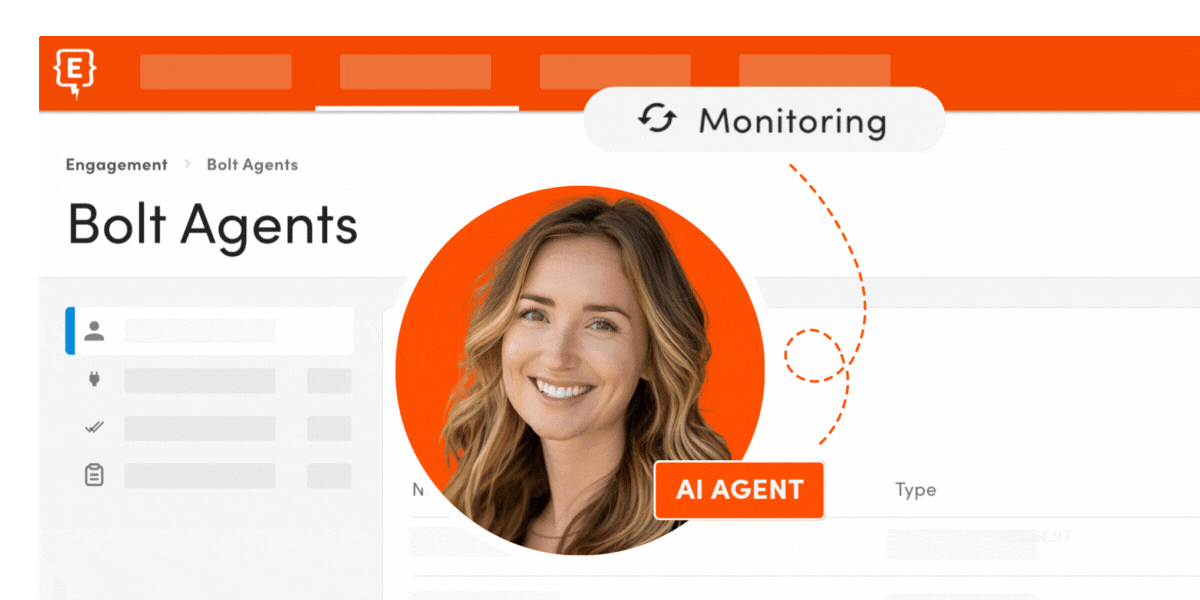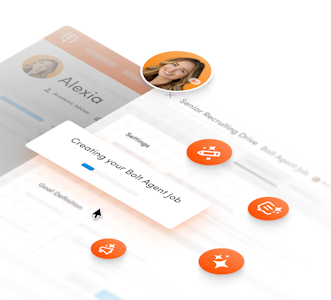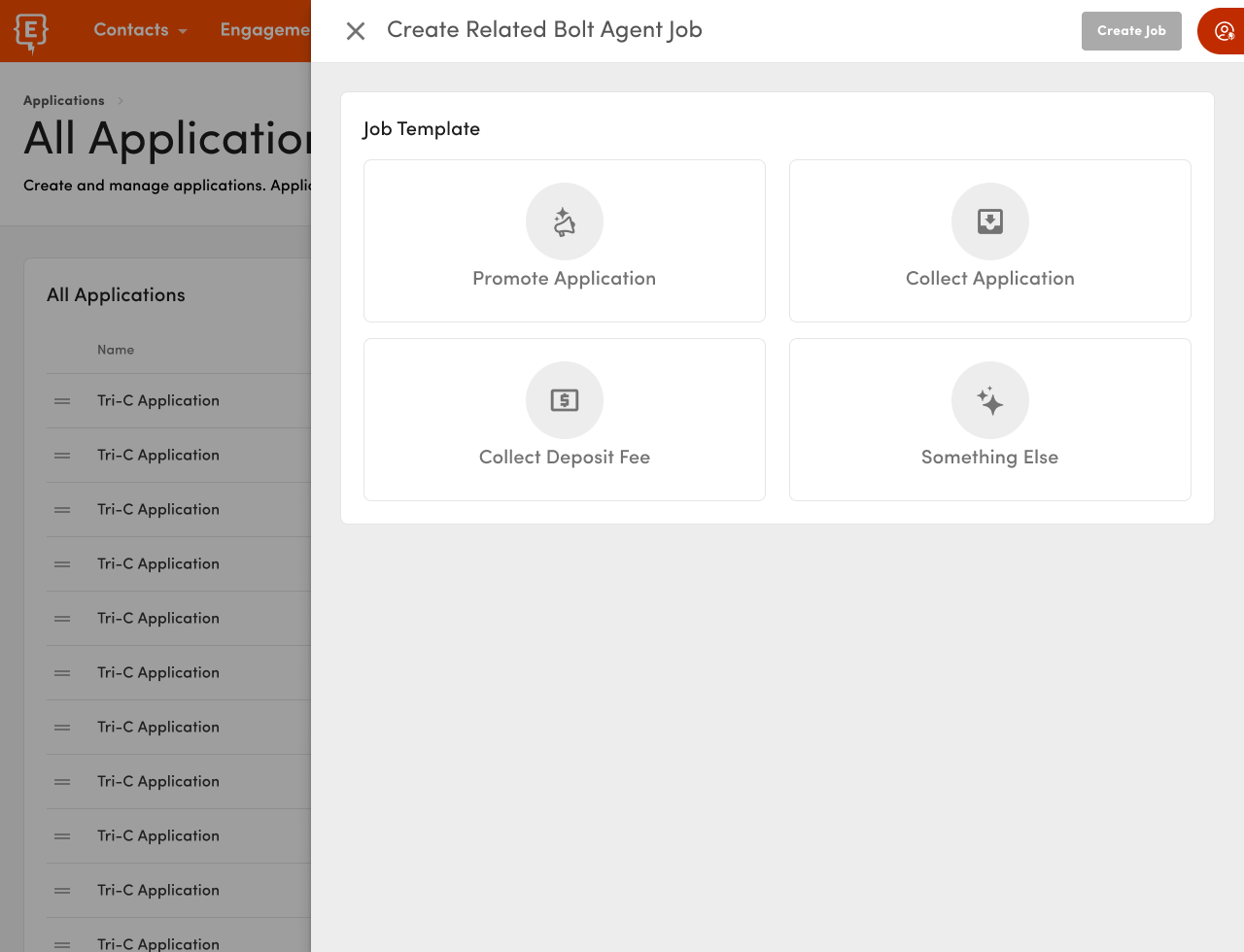From Bots to Data-Savvy Agents: How MCP Is Changing the Game
by Ardis Kadiu · Updated May 13, 2025
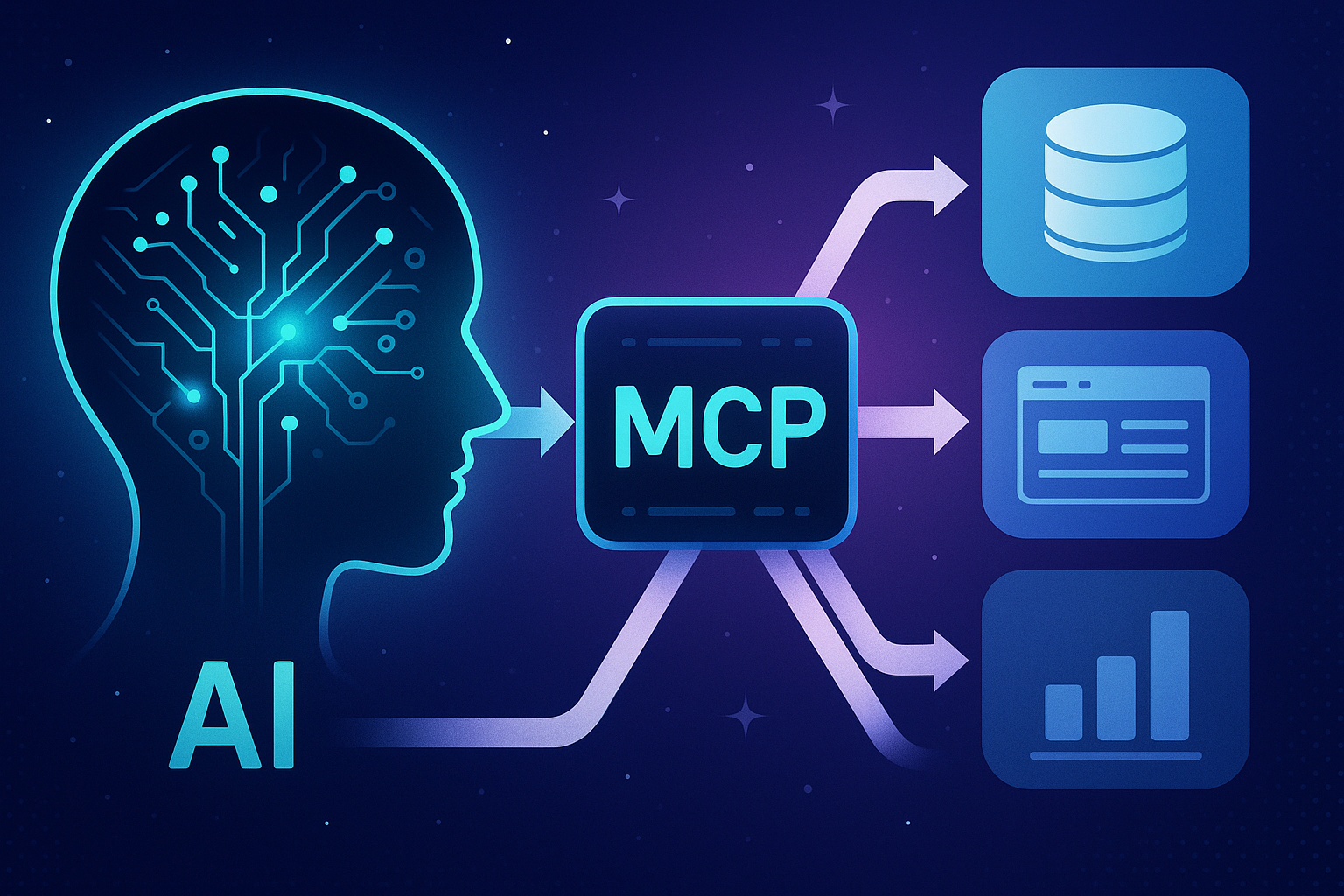
Let’s be honest—building an AI agent with today’s third-party tools still feels a lot like assembling IKEA furniture without all the screws. It’s clunky, tedious, and even when things work, you’re often duct-taping systems together and hoping it holds.
That’s exactly why JC and I dove into Model Context Protocol (MCP) in the latest episode of Generation AI—a rising standard that could finally make agent-building a whole lot less painful.
The USB for AI Agents
Here’s the gist: MCP is a new standard—think of it like USB for AI—that could make agents dramatically easier to build, scale, and connect. Instead of developers writing custom integrations for every tool (one for Salesforce, one for HubSpot, one for Slack… you get the idea), MCP lets them write one connector that every agent can understand.
Need your AI assistant to pull data from your CRM, LMS, or analytics platform? With MCP, the agent can ask, “What can you do?” and the MCP server responds, “Here’s what I’ve got. Here’s how to use it.” It’s discoverable. It’s modular. And it might just be the breakthrough that kills Frankenstein middleware for good.
Goodbye, Custom Connectors. Hello, Composable Intelligence.
Today’s AI agents suffer from what I call the M x N nightmare. Ten agents, ten data sources? You’re looking at 100 custom integrations. MCP flips that model. It decouples logic from interface, so any agentcan tap into any tool that speaks the MCP protocol. It’s a shift from siloed toolchains to a composable ecosystem.
That’s a fancy way of saying this: build once, reuse everywhere.
Why Higher Ed Should Pay Attention
Now, if you’re in higher ed, you might be thinking, “Cool, Ardis, but why should I care?” Fair question.
Let’s bring it down to earth. Imagine your academic advisor AI agent is helping a student register for classes. To do that well, it needs access to their transcripts, advising notes, potentially financial aid status, their LMS records, and a dozen other things, most of which live in different systems. Without MCP, you’d need to build painful, brittle connections to every one of those platforms.
With MCP, those systems can describe their capabilities upfront. Your agent doesn’t just connect—it understands. It asks, “What can you do?” and the system responds with options like “fetch GPA,” “pull last semester’s grades,” or “check scholarship status.”
This is what modular, intelligent orchestration looks like—and why MCP might be the new standard everyone should be paying attention to.
Reducing Hallucinations, Boosting Confidence
Another bonus? MCP makes hallucinations less likely. AI models hallucinate when they don’t know something but still need to answer. By giving agents the ability to access verified tools and real-time data, MCP helps models ground their answers in facts, not guesses.
Need to calculate yield projections? Pull live application data? Run a churn analysis on at-risk students? With MCP, your agent can access the right tool for the job—Python interpreter, analytics engine, CRM—without pretending it knows everything.
It’s Not Just a Trend. It’s the New Bluetooth.
Ask any vendor today if they integrate with your systems, and they’ll say yes. But what they often mean is, “We can export a CSV and duct tape it together later.”
MCP is not that.
MCP is a signal of serious capability. It's a way to speak the same language across tools, teams, and models. And just like you wouldn’t ship a phone without Bluetooth in 2025, you shouldn’t ship an AI product that doesn’t support MCP.
TL;DR: Ask Your Vendors This
If you’re buying AI tools—or building them—start asking: Do you speak MCP?
If the answer is no, follow up with why. Because soon, this protocol won’t be a nice-to-have—it’ll be table stakes for any serious AI-powered platform.
So, whether you’re a developer, an AI enthusiast, or just trying to stay one step ahead in the AI adoption curve, know this: the MCP movement is real. The big players—OpenAI, Google, Anthropic, HubSpot, and yes, we’re working on it at Element451—are already in.
The IKEA days are numbered. The era of plug-and-play AI is officially underway.
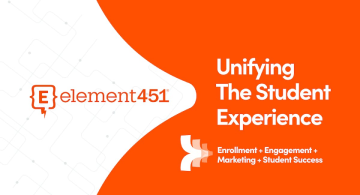
About Element451
Boost enrollment, improve engagement, and support students with an AI-driven CRM and agent platform built for higher ed. Element451 makes personalization scalable and success repeatable.
Categories
New Blog Posts
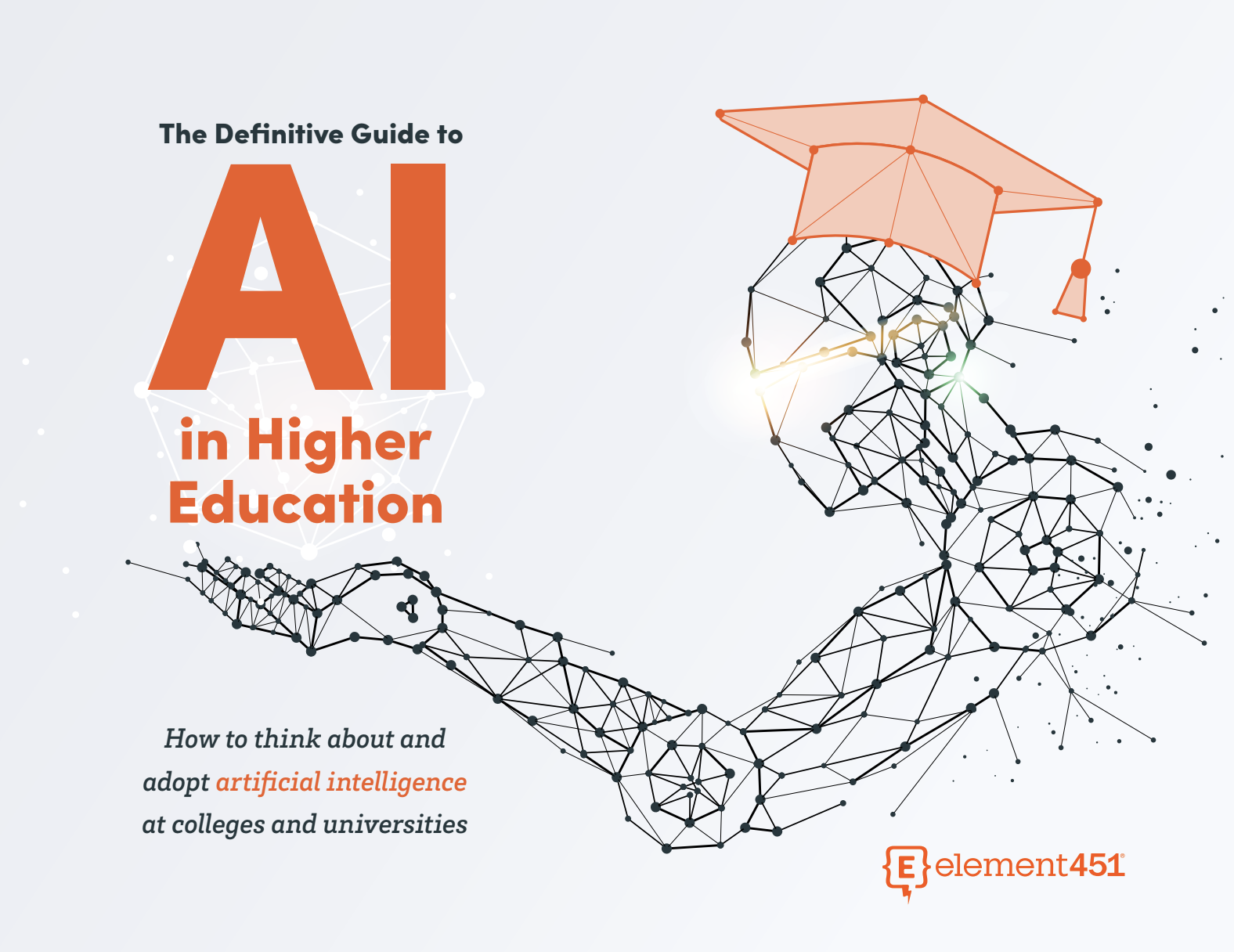
The Definitive Guide
AI in Higher Education
Bridge the gap between the latest tech advancements and your institution's success.
Related Articles

Talk With Us
Element451 is an AI-driven CRM and AI agent platform for higher education. Our friendly experts are here to help you explore how Element451 can improve outcomes for your school and students.
Get a Demo


